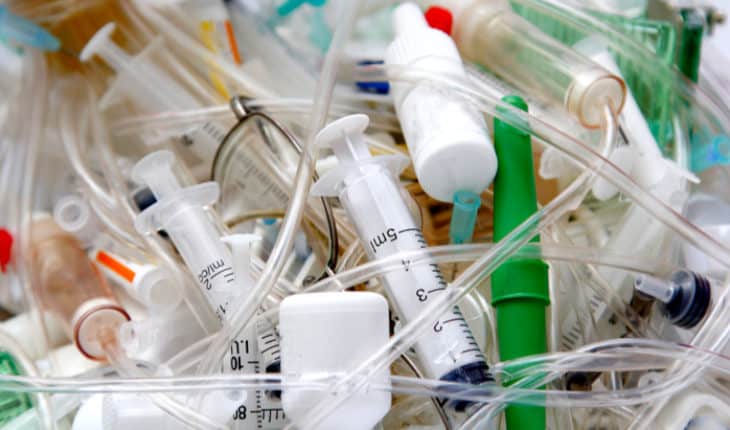EU Commission Publishes Stringent New Common Specifications Requirements for Reprocessing Single-Use Devices, Making In-House Hospital Reprocessing “Difficult if not Impossible”
EU Ministries of Health Face Choice: Increase Medical Waste and Cost by Using Only Original Devices or “Opt-in” to Allow Hospitals to Partner with Regulated Remanufacturers for CE Marked, Safe Reuse of Approved Single-Use Devices
BERLIN, Aug. 30, 2020 (GLOBE NEWSWIRE) — The European Council’s Common Specifications (CS) published 19 August provides strict requirements for hospitals across the EU that experts agree will make it unlikely for hospitals to continue the practice of in-house reprocessing of single-use devices (SUDs). The CS goes into effect May 2021.
The Association of Medical Device Reprocessors (AMDR), the global trade association representing regulated medical device reprocessing and remanufacturing companies, supports the CS.
“The EU Commission has wisely followed a similar course to successful action taken by the U.S. Food and Drug Administration over 20 year ago,” said Daniel J. Vukelich, President and CEO, AMDR. “The Common Specifications’ stringent requirements will make in-house reprocessing difficult if not impossible. Hospitals in Europe can, however, safely use professional remanufactured SUDs from regulated remanufacturers, which will prevent millions of kilos of medical waste and lower the costs of devices.”
The EU Medical Device Regulation allows remanufacturing of SUDs if such devices meet all medical device manufacturing standards. AMDR members are working with Notified Bodies and have already received hundreds of CE marks for remanufactured devices. Member States opting-in to allow such products help promote a circular economy in healthcare, reducing reliance on a global supply chain by keeping devices and financial resources at home in Europe.
“Through allowing reprocessing of single-use devices, hospitals across the EU will get an opportunity to help drive the circular economy and protect environment and public health by reducing the volume of the wastes they produce,” said Dorota Napierska, Chemicals Policy & Projects Officer, Health Care Without Harm (HCWH) Europe. “The MDR ensures that remanufactured SUDs are just as safe and effective as new ones, and they are also better for the environment, reduce costs, and align with sustainability goals.”
The new requirements expand the practice of safe and effective SUD remanufacturing and create an opportunity for EU countries to opt-in to regulated remanufacturing. Without opting-in, hospitals will have no choice but to increase waste and cost by using only original devices.
Click here for more information.
- Gut microbiome could delay onset of type 1 diabetes - 3rd April 2025
- The da Vinci 5 Robot Is Set To Transform Bariatric Care: - 31st March 2025
- Beyond money: the hidden drivers fuelling child food insecurity - 31st March 2025






